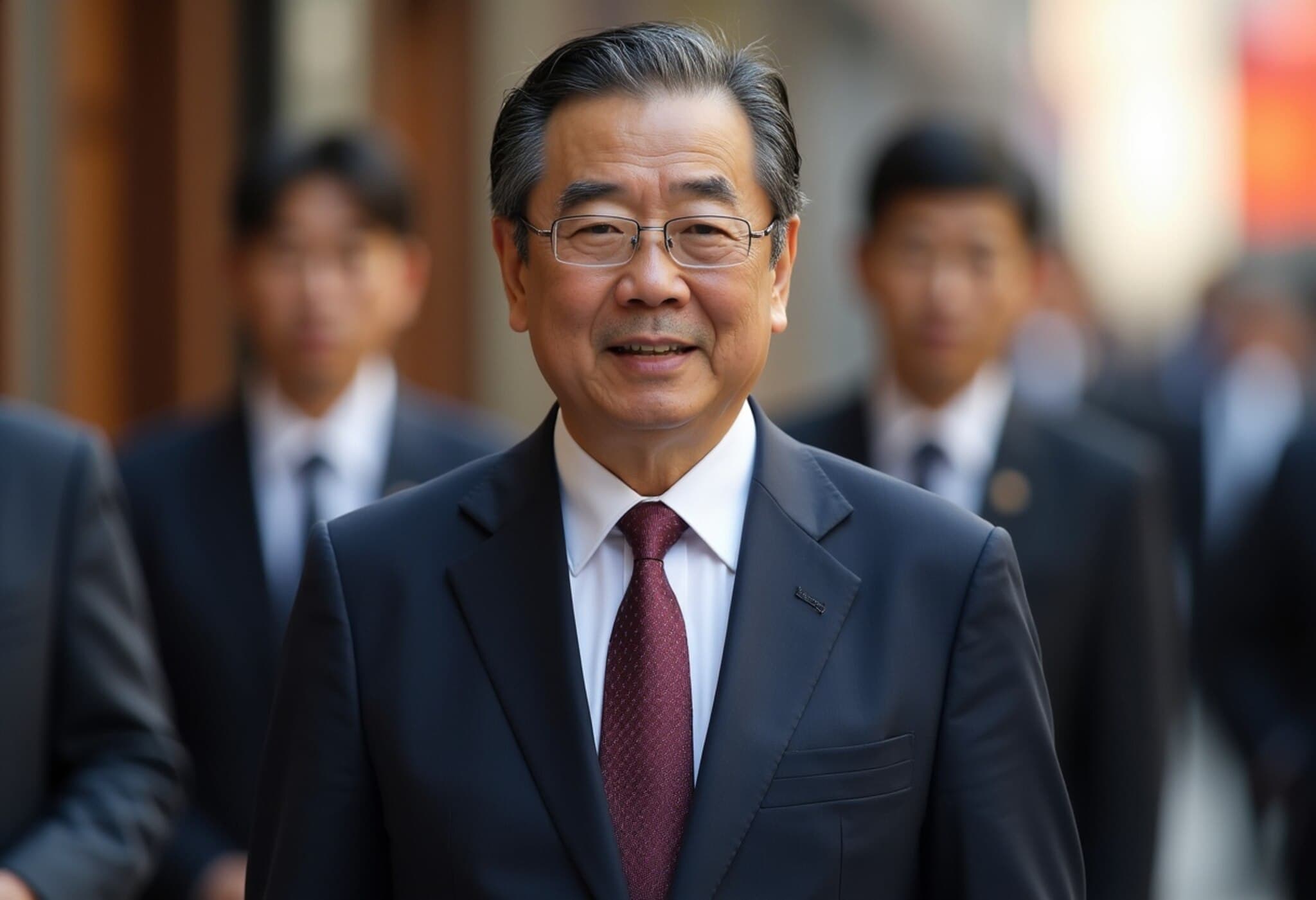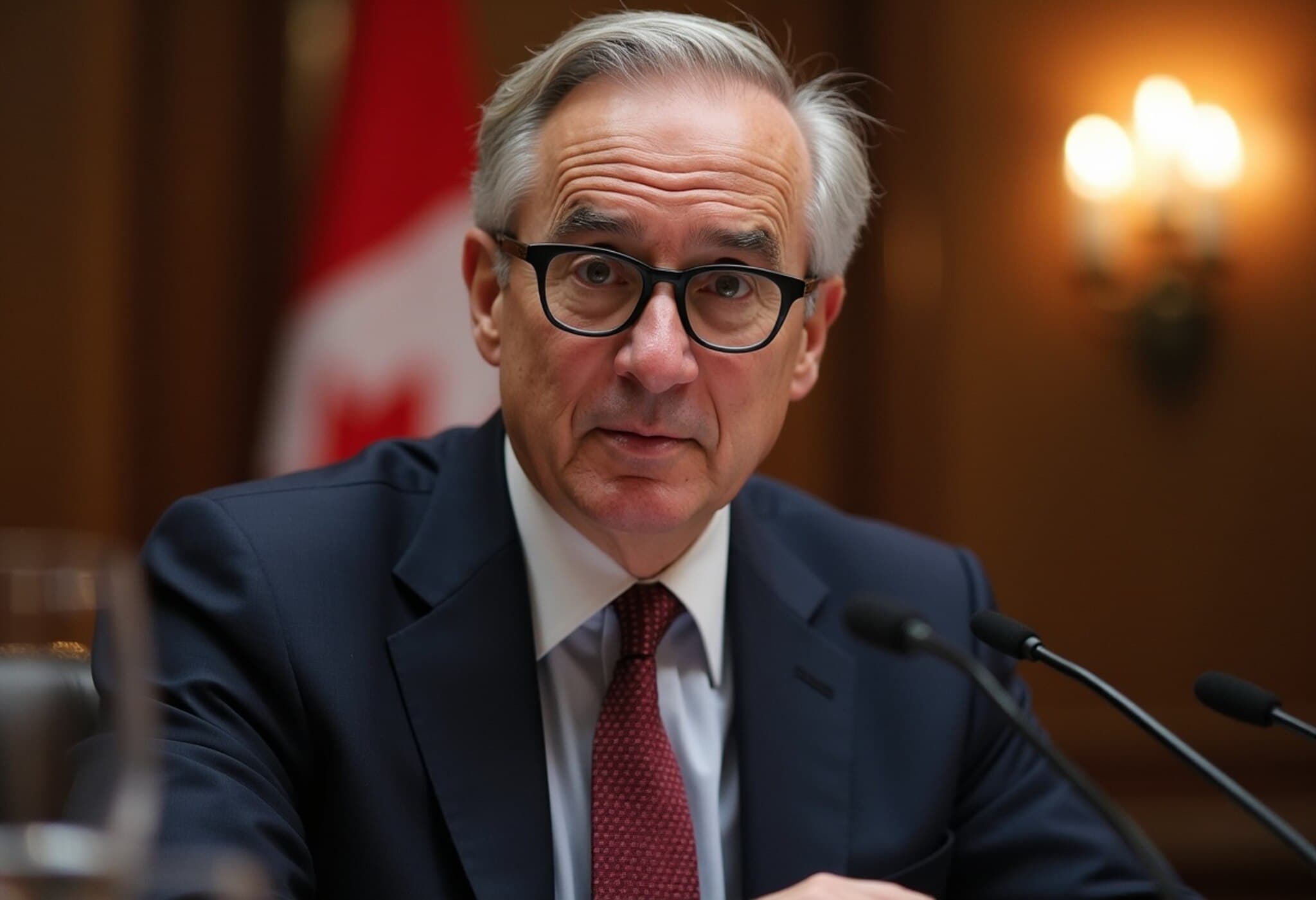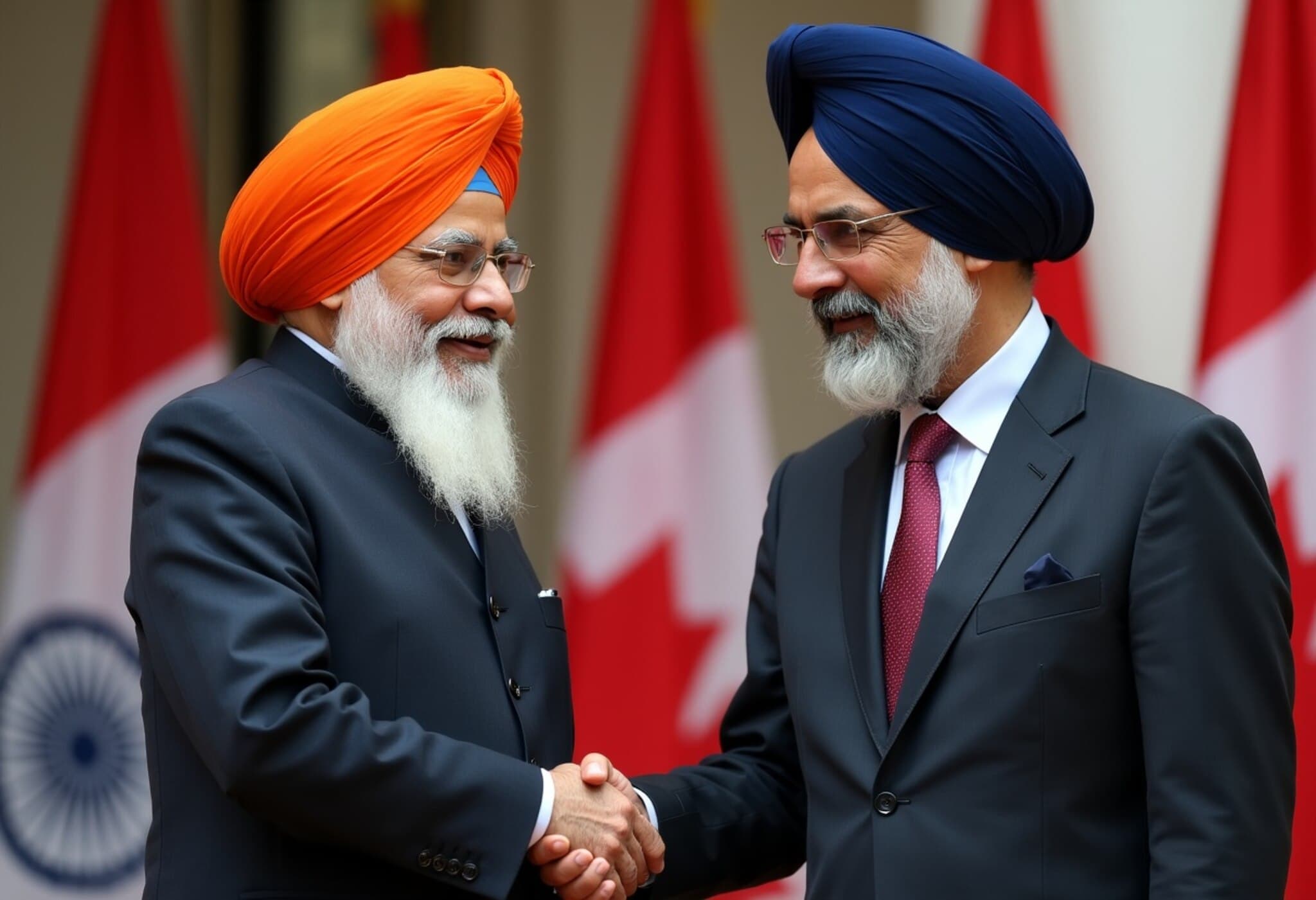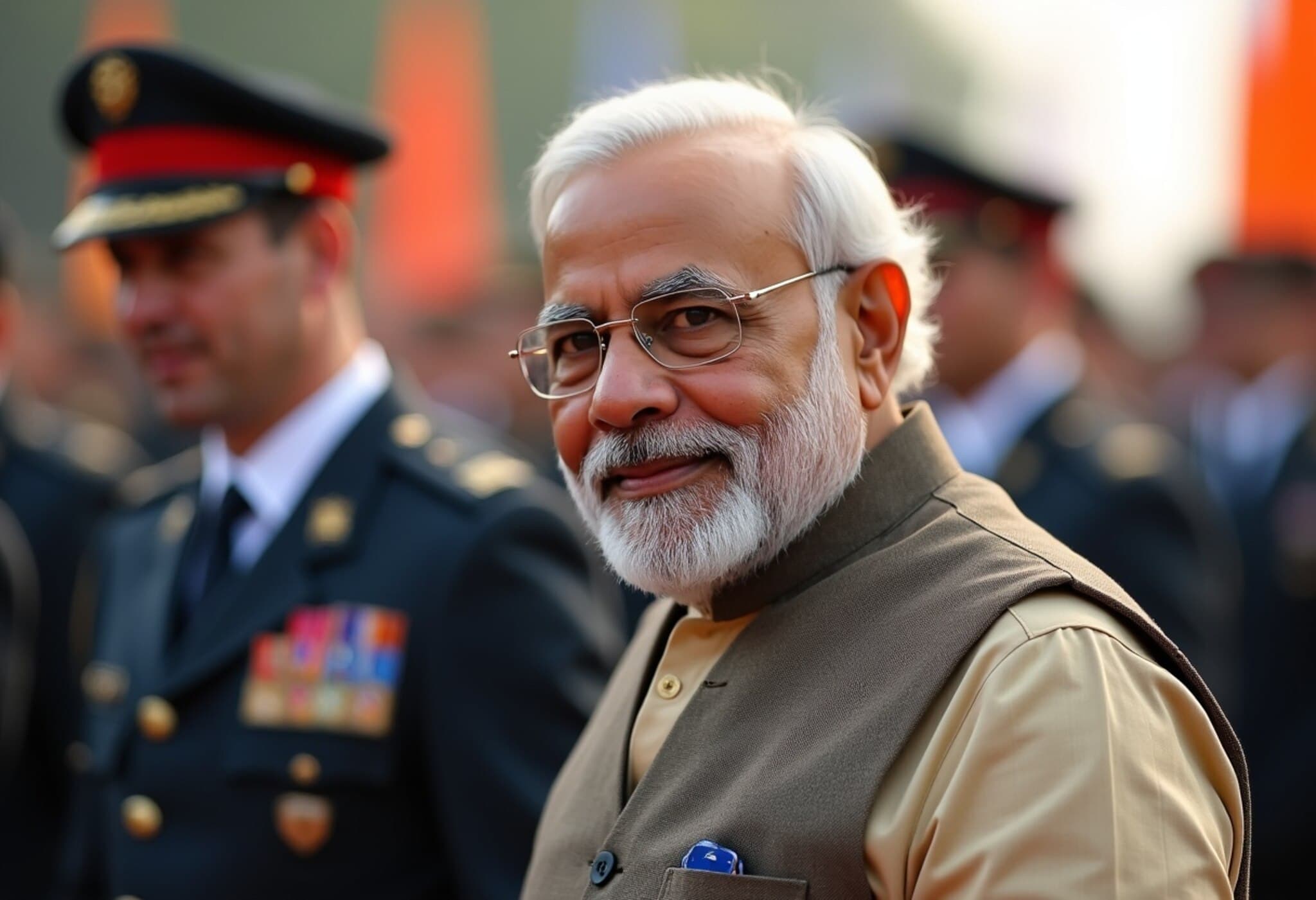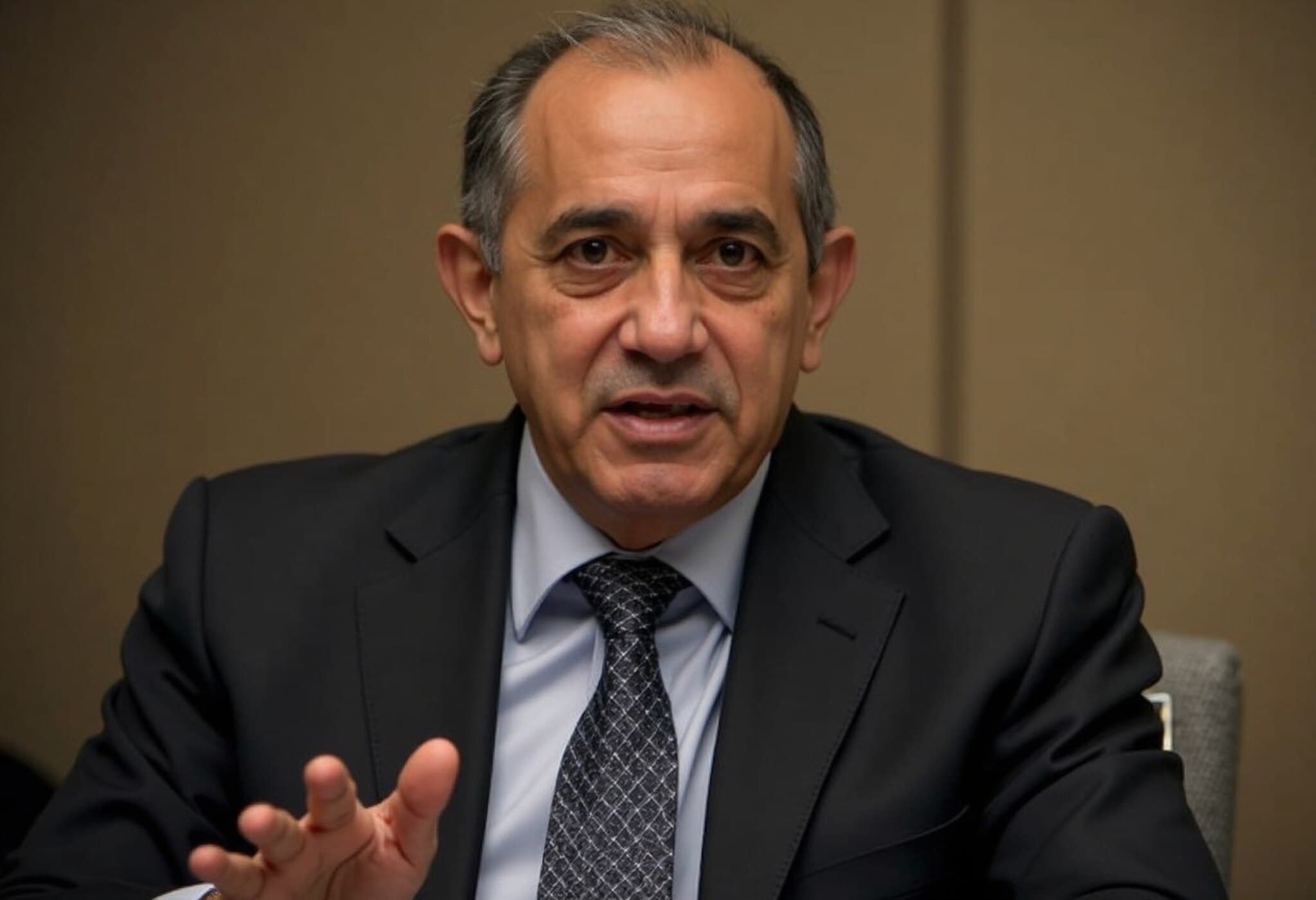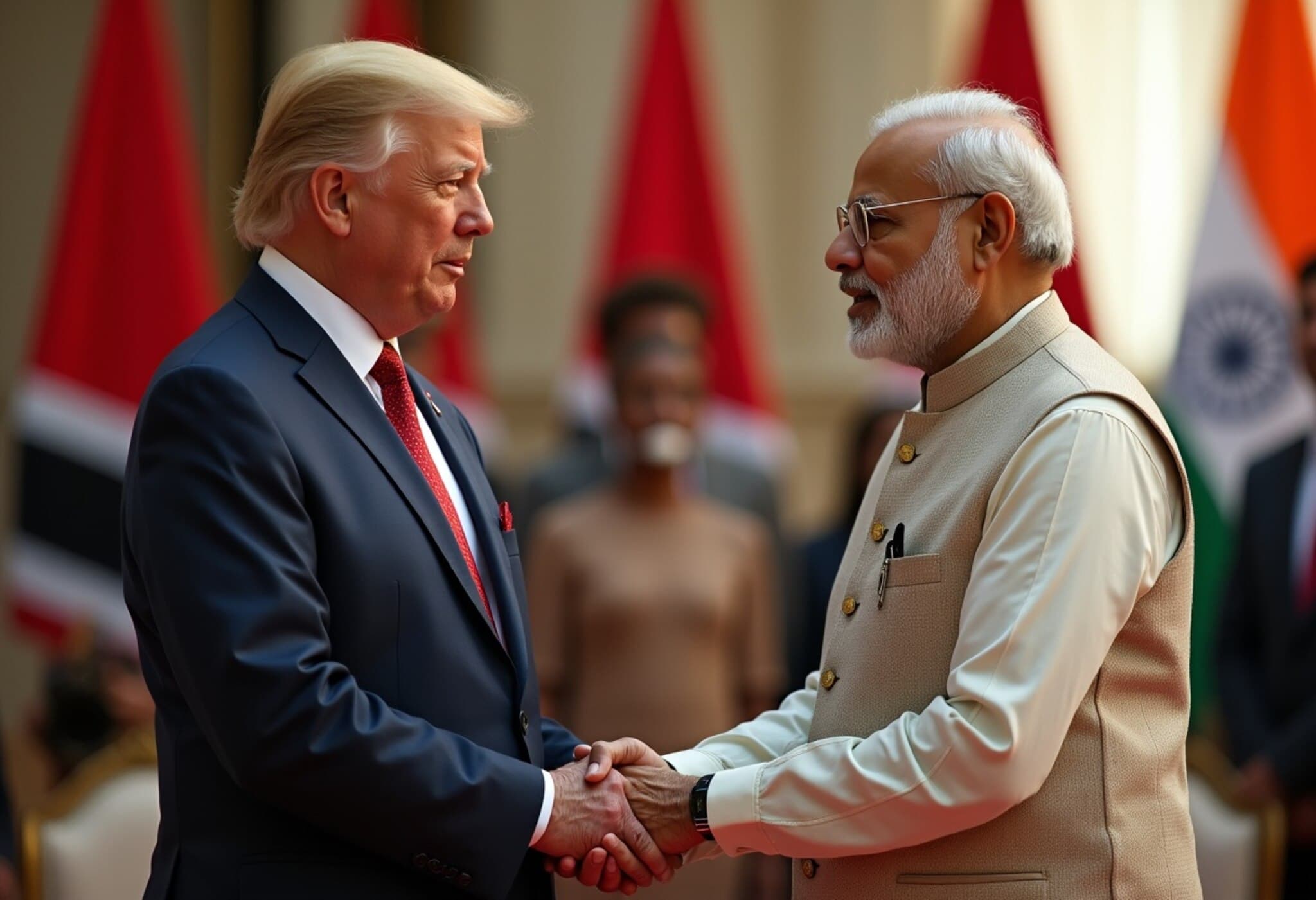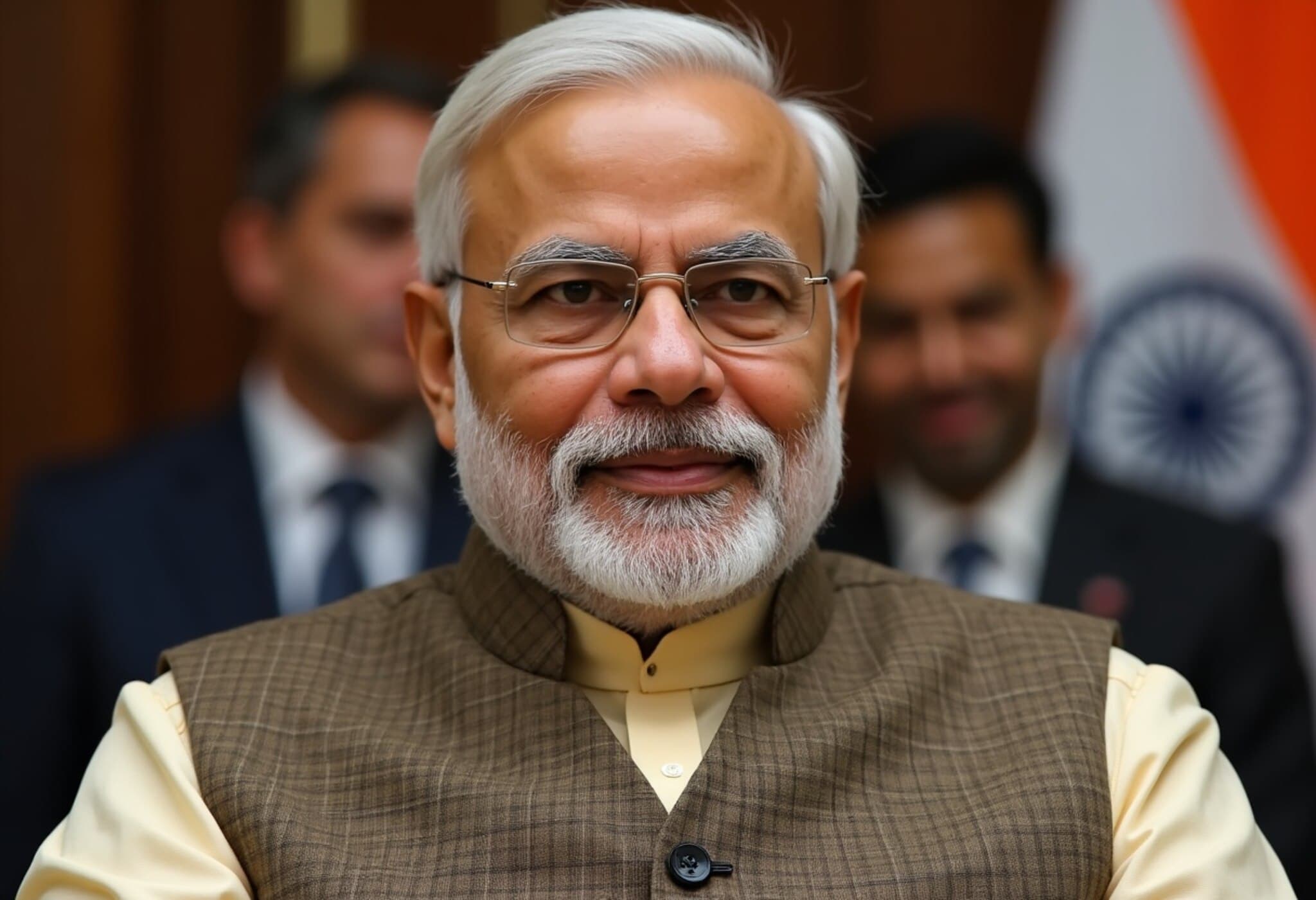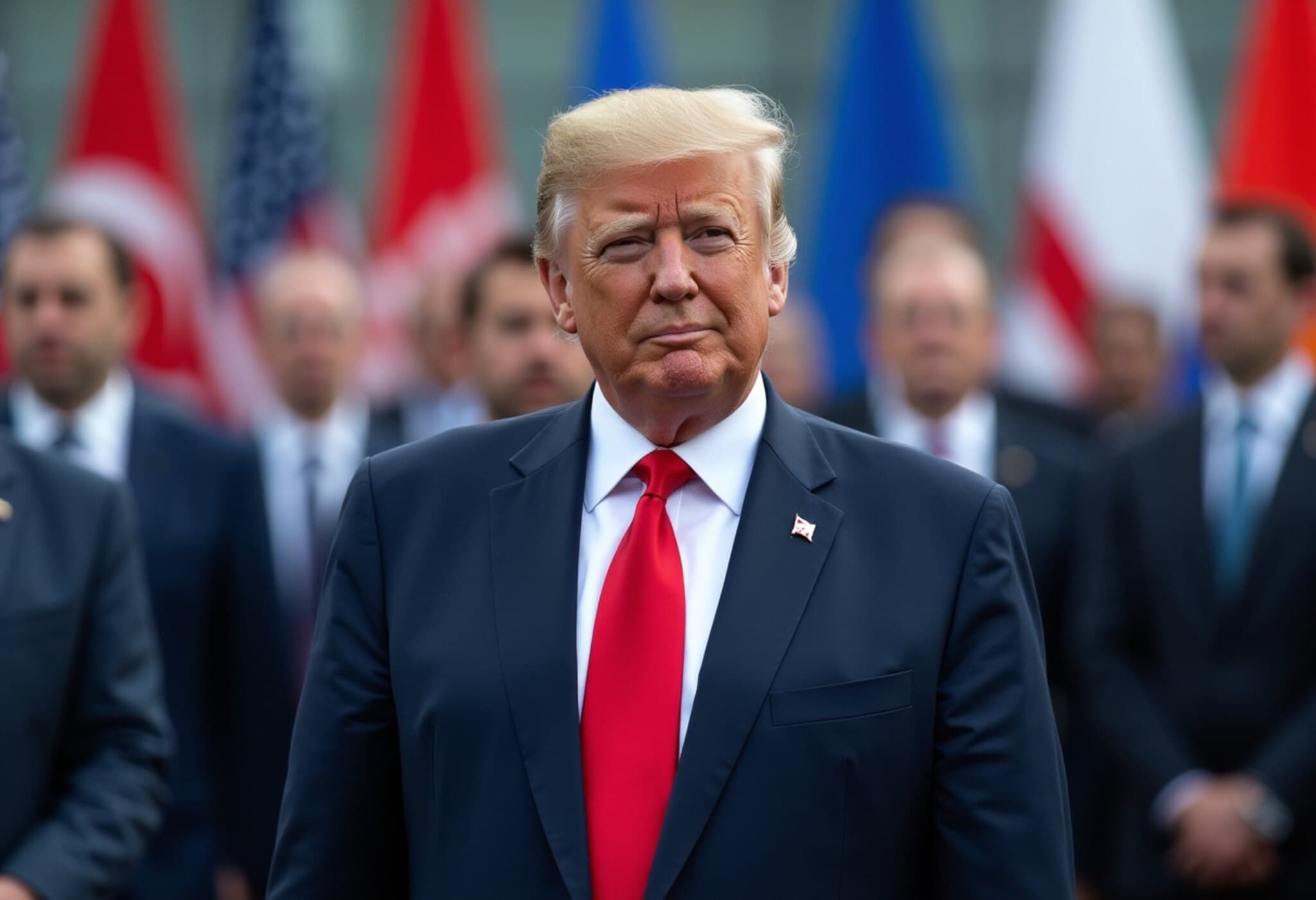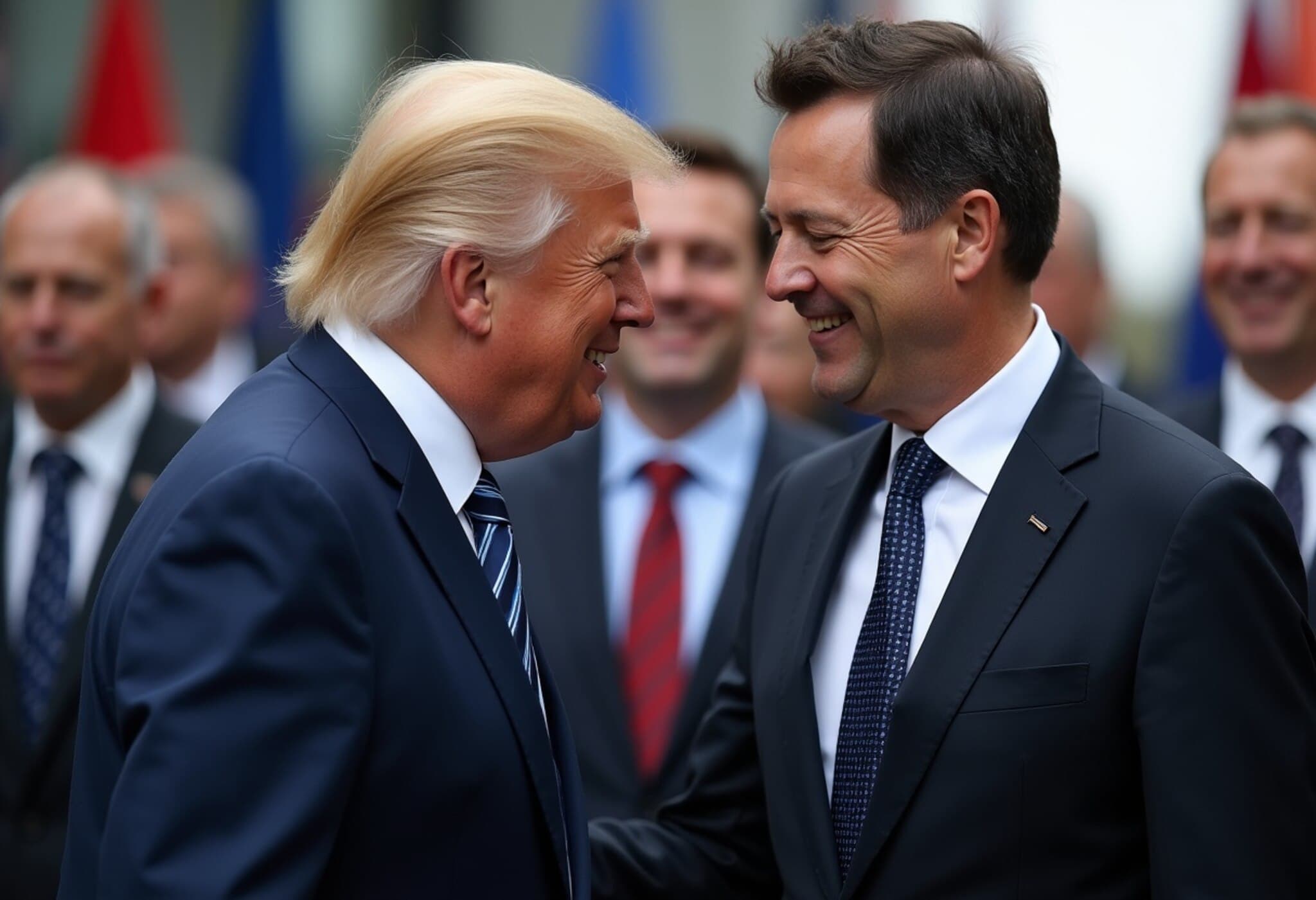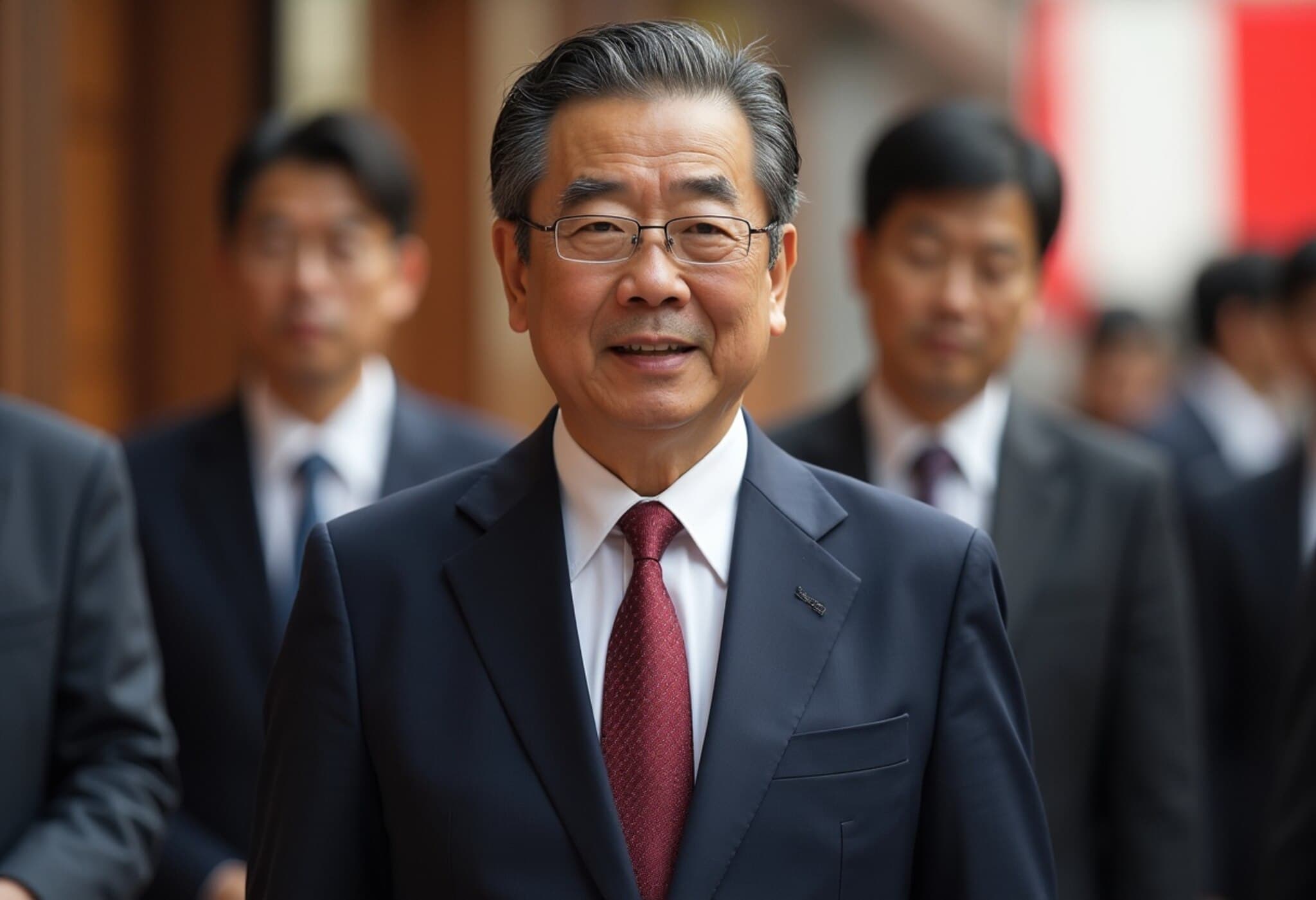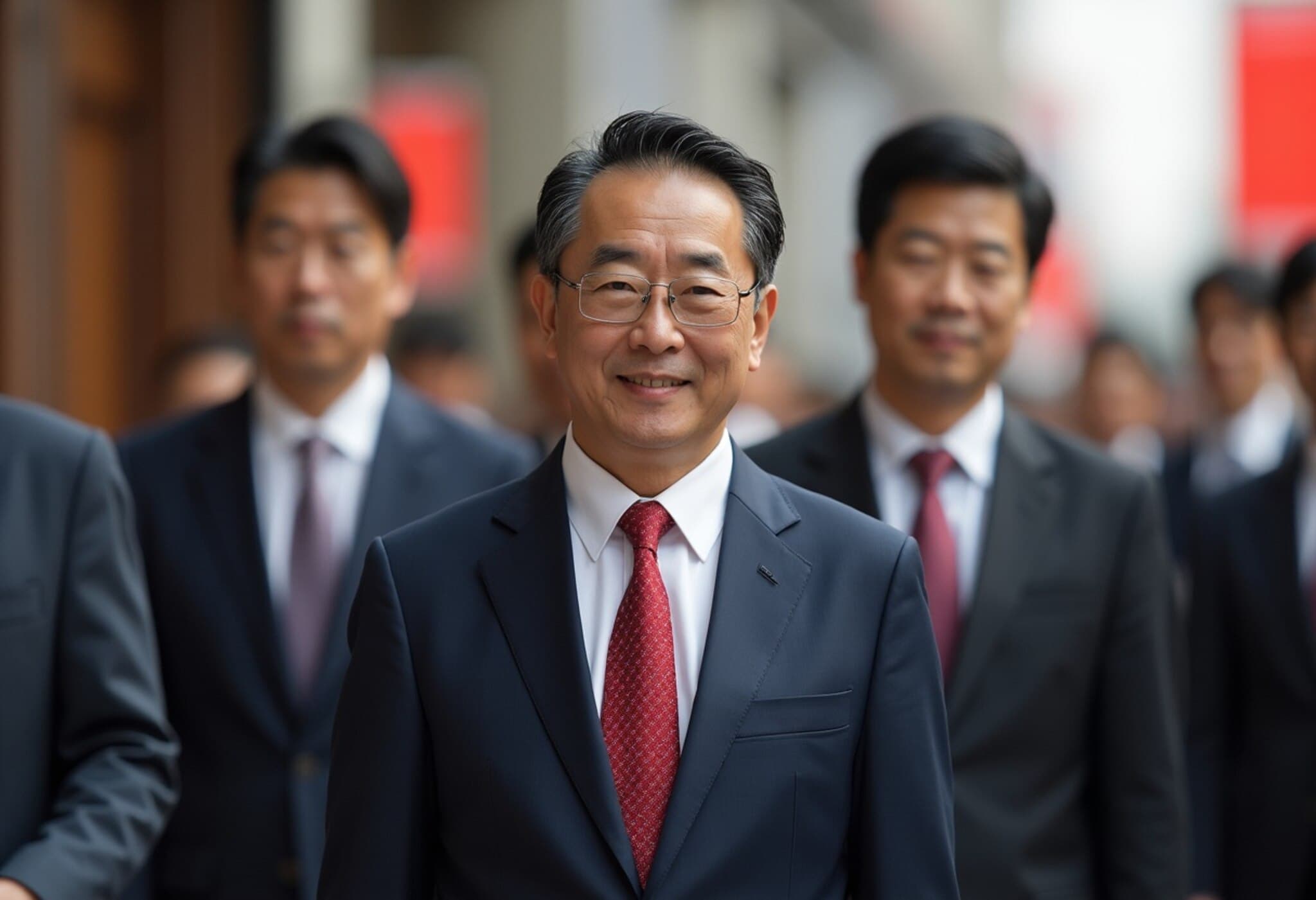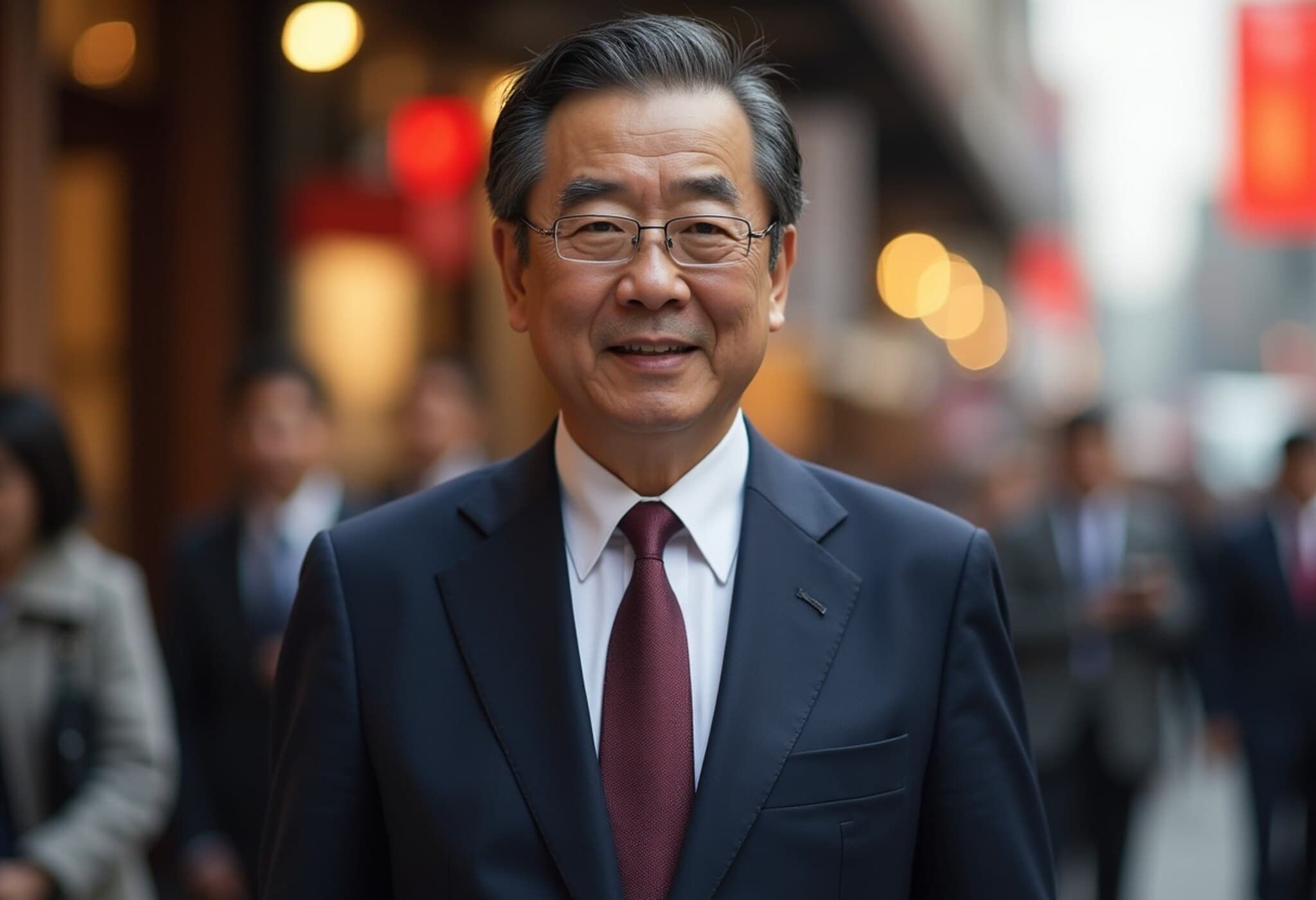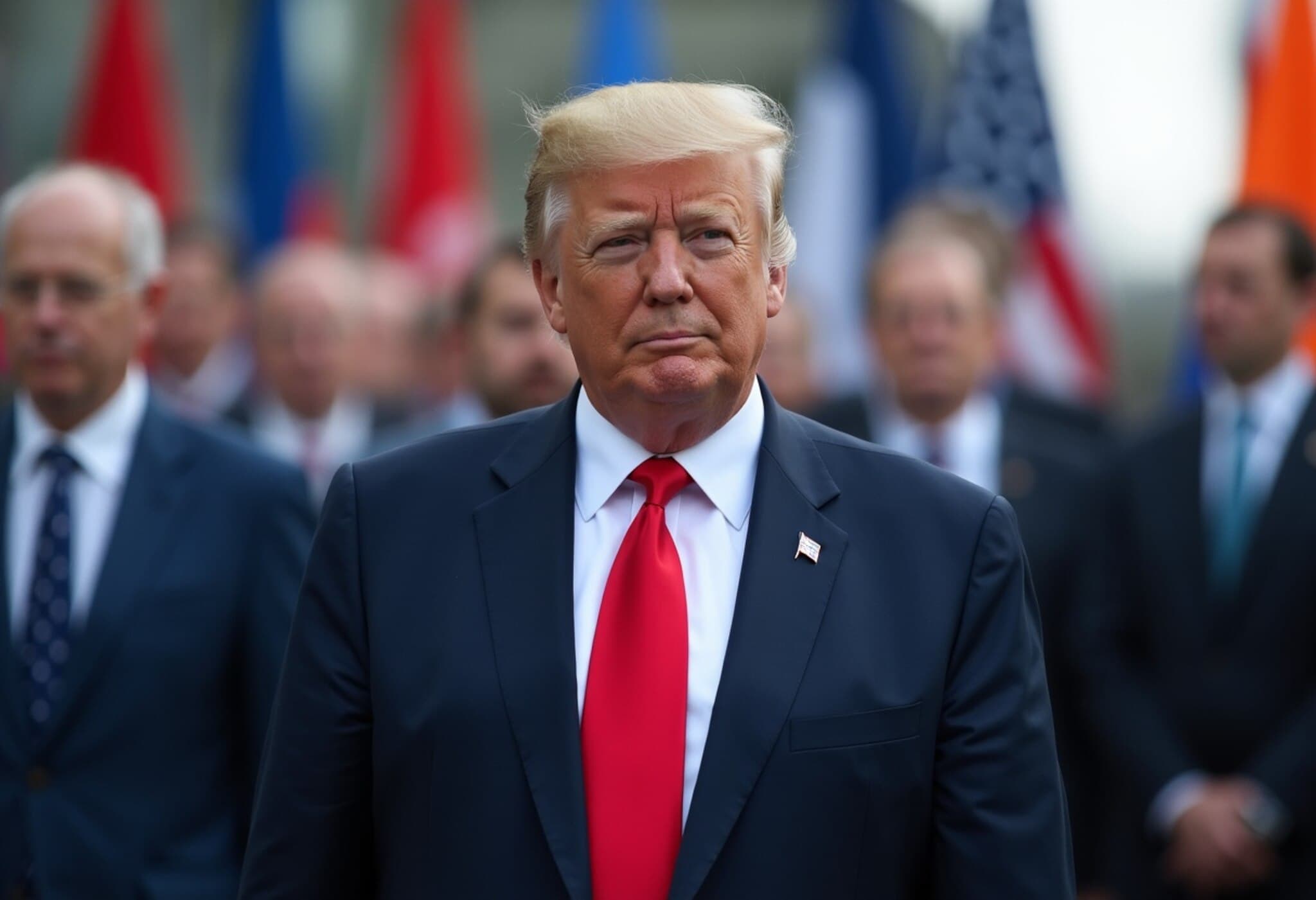Japanese Prime Minister Plans to Miss NATO Summit
In a surprising development, Japanese Prime Minister Shigeru Ishiba is reportedly set to cancel his participation in the upcoming NATO summit scheduled to be held in The Hague. This move stems from the likely cancellation of crucial meetings that had been expected to take place during the event.
Diplomatic Engagements Fall Through
Originally, Ishiba was anticipated to attend to engage with the leaders of the North Atlantic Treaty Organisation and to participate in discussions involving the group of four Indo-Pacific nations (IP4)—comprising Japan, South Korea, Australia, and New Zealand. However, plans unraveled as a key meeting between NATO representatives and these Indo-Pacific allies appears unlikely to materialize. Furthermore, anticipated talks between Ishiba and the US President, a highlight for many observers, seem off the table.
IP4 Allies Also Withdraw Leaders
Notably, Japan is not alone in this adjustment. South Korea and Australia—fellow IP4 members—have already indicated their leaders will not attend the summit. This collective absence underscores potential shifts in diplomatic priorities and presents a notable pause in the dialogue between NATO members and key Indo-Pacific partners.
Japan to Delegate Representation
In place of Prime Minister Ishiba, Japanese Foreign Minister Takeshi Iwaya is expected to represent Japan at the NATO summit. The decision was relayed by a source with direct knowledge, who requested anonymity given the sensitive and provisional nature of these plans.
Implications for Regional and Global Diplomacy
The withdrawal of these pivotal leaders could have significant consequences for international cooperation and security dialogues, particularly regarding NATO's engagement with Indo-Pacific countries. The atmosphere surrounding the summit suggests a recalibration of strategies amidst evolving geopolitical dynamics.
As the summit approaches, attention will intensify on how Japan and its IP4 partners navigate these challenges and what alternative diplomatic avenues might be pursued going forward.

